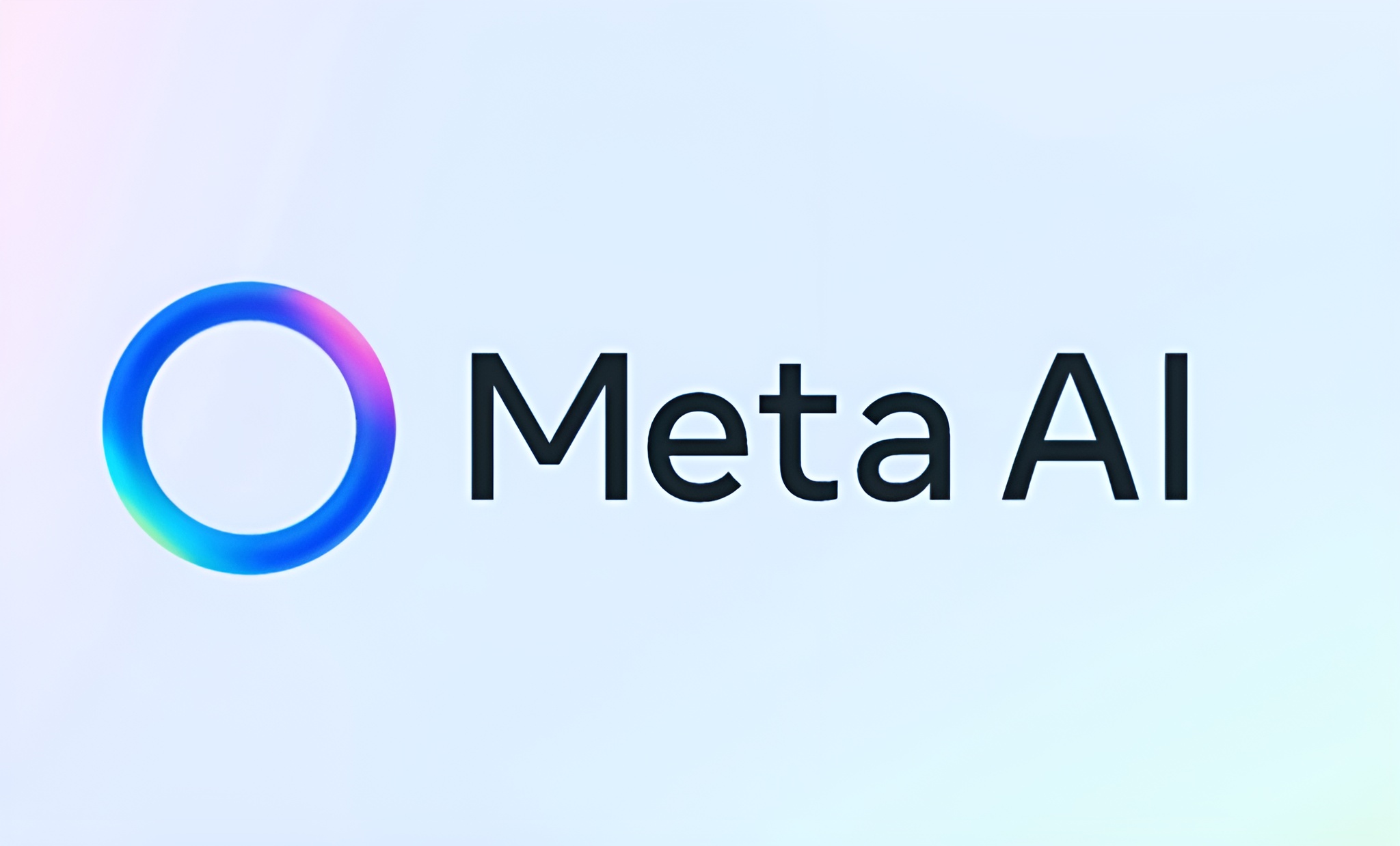Instagram is reportedly exploring plans to launch a dedicated TV app aimed at expanding its video reach across larger screens.
The move was revealed by CEO Adam Mosseri at the Bloomberg Screentime conference in Los Angeles, where he said that as consumption behaviour shifts toward TV, Instagram must follow.
Mosseri clarified that there’s no official launch yet, but that the company is actively considering how to present Instagram content, especially Reels, on TV devices in a compelling way.
He also ruled out plans to license live sports or Hollywood content for the TV app, emphasising Instagram would carry over its existing focus on short-form and vertical video rather than pivoting fully into full-length entertainment.
The proposed TV app would deepen Instagram’s stake in the video space and help it compete more directly with YouTube, TikTok and other video platforms, especially as users increasingly watch video content in living rooms.
However, translating vertical video formats like Reels to a horizontal, large-screen environment poses design, UX and monetisation challenges.
Would you like to learn more about AI, tech and digital diplomacy? If so, ask our Diplo chatbot!







